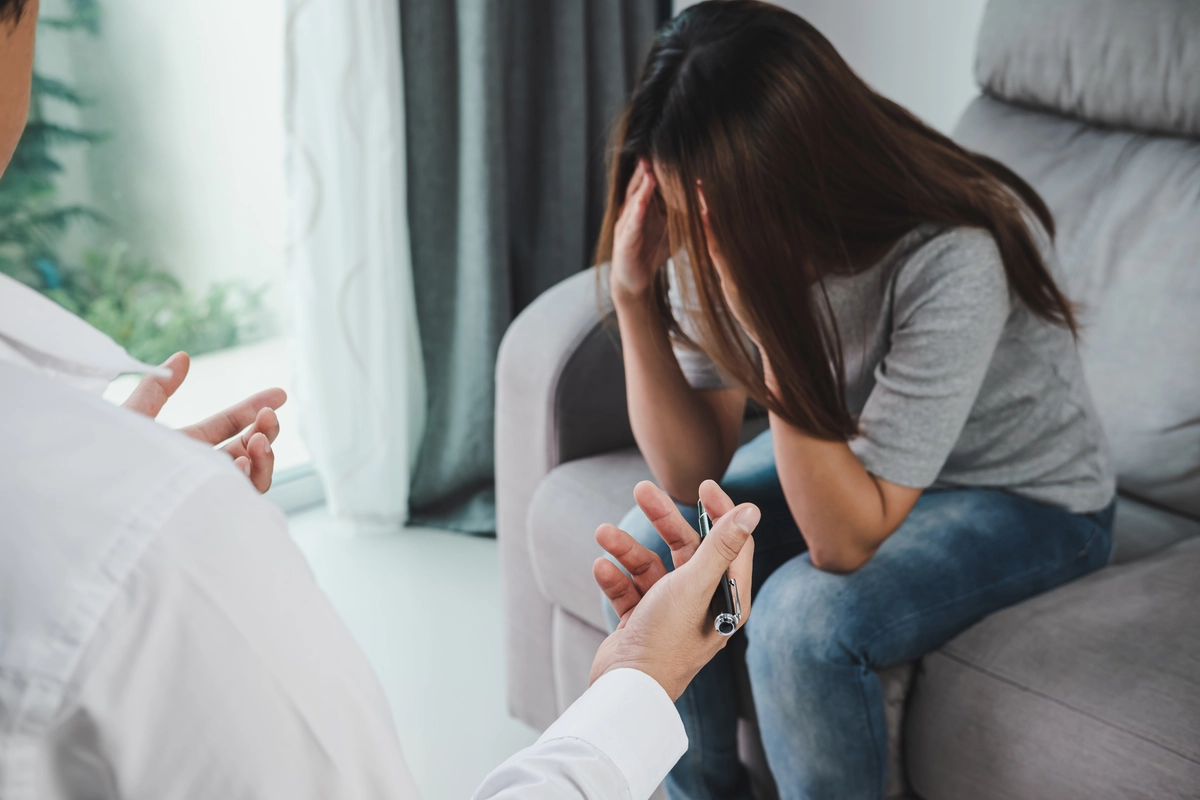24/7 Helpline:
(866) 899-221924/7 Helpline:
(866) 899-2219
Learn more about Bipolar Disorder Treatment centers in Houghton County

Other Insurance Options

BlueShield

Health Partners

Magellan Health

Self-pay options

Oxford

UMR

Highmark

Medical Mutual of Ohio

Magellan

Private insurance

Choice Care Network

Kaiser Permanente

Anthem

BlueCross

Horizon Healthcare Service

Holman Group

Aetna

Amerigroup

Health Net

United Health Care

Unified Community Services
Unified Community Services provides treatment for individuals for individuals struggling with mental...






























































































































































